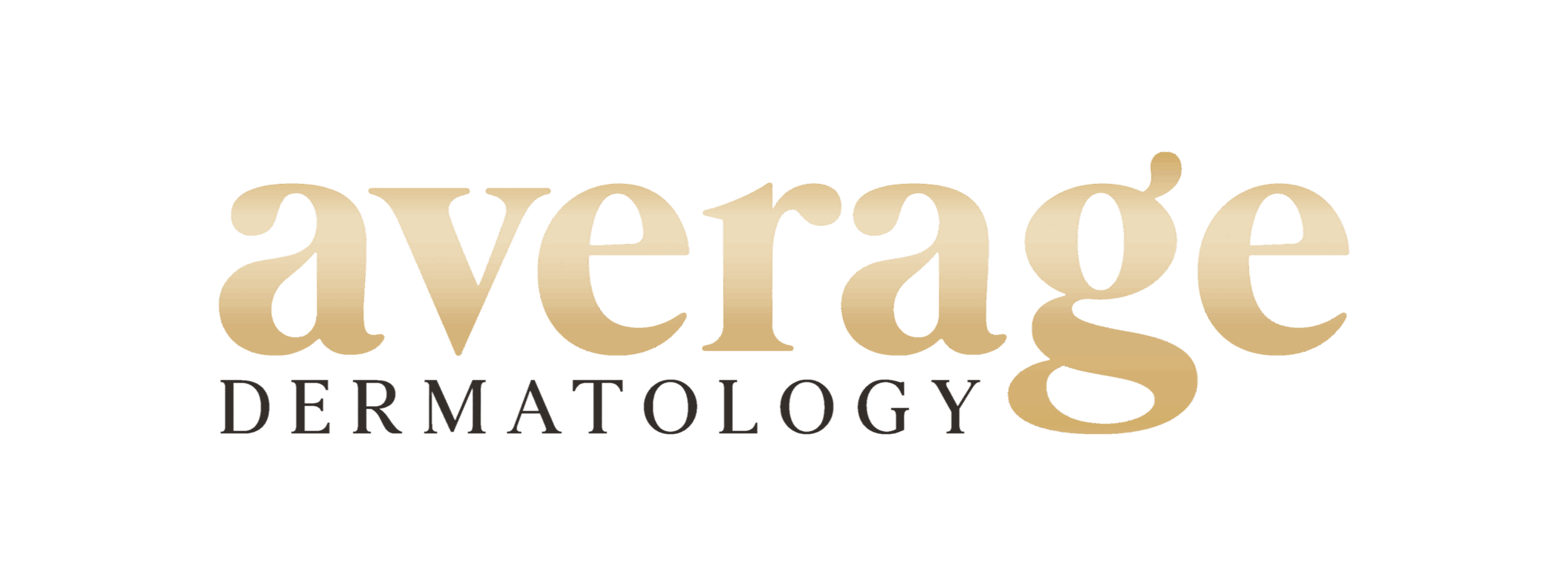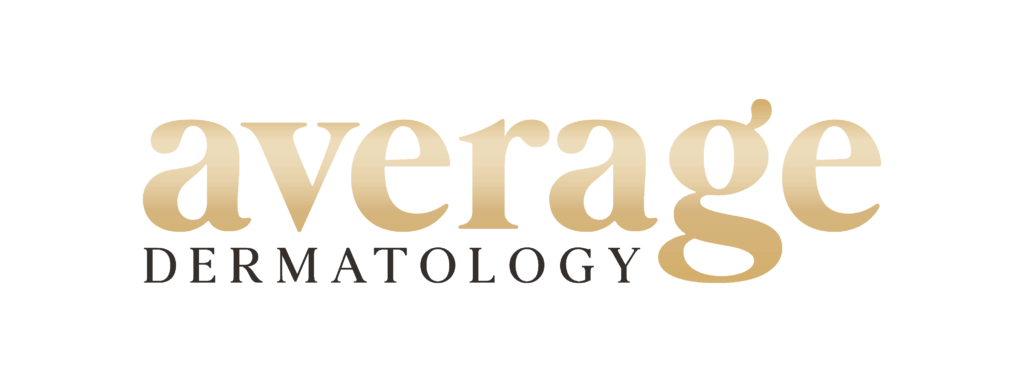Understanding acne is the first step to effectively treating it. Acne is a common skin condition that occurs when your hair follicles become clogged with oil (sebum), dead skin cells, and bacteria, leading to pimples, blackheads, whiteheads, and cysts.
Here’s a clear breakdown of the causes of acne and how Average Dermatology can help you treat it effectively:
Hormonal Changes
Hormones, especially androgens, increase oil (sebum) production. This often happens during
puberty, menstruation, pregnancy, or from stress.
Hormonal acne usually appears on the chin, jawline, and cheeks.
At Average Dermatology, our certified dermatologist will be able to evaluate your skin needs with a proper skincare regimen to reduce the chances of breakouts
What’s put into your body can also increase the chances of acne to form.
Diet
It’s recommended to decrease intake of sugary foods such as:
● Chocolate
● Candy
● Cookies
● Sugary drinks
As these may trigger breakouts in some people. But a little bit every once in a while wouldn’t hurt!
Poor Hygiene or Skincare Habits
Not washing your face regularly can lead to a buildup of oil and dirt. Touching your face, dirty pillowcases, phones, or makeup brushes can transfer bacteria. Using harsh or oily products can clog pores or irritate the skin.
Instead:
Cleanse twice a day with a gentle, non-comedogenic cleanser.
Use oil-free, non-comedogenic moisturizers to keep skin balanced.
Spot treat pimples—don’t pick or pop.
Wear sunscreen daily (look for “oil-free” or “for acne-prone skin”).
Avoid harsh scrubs, alcohol-based toners, or over-washing.
Other factors may include due to genetics, some people are more prone to acne. Over-exfoliating or harsh scrubs can irritate skin and worsen acne.
By managing these factors—balancing hormones, eating a healthy diet, and following good skincare habits—you can reduce the chances of breakouts



